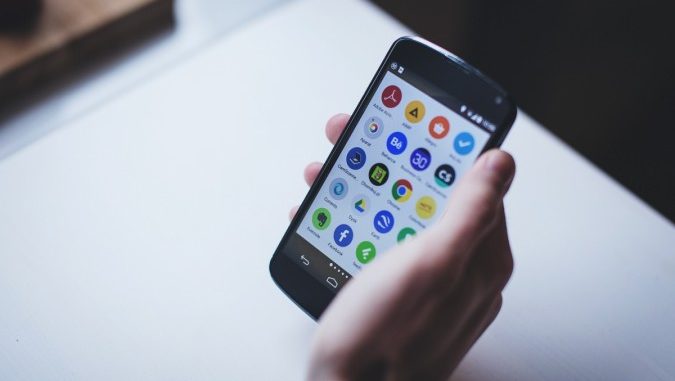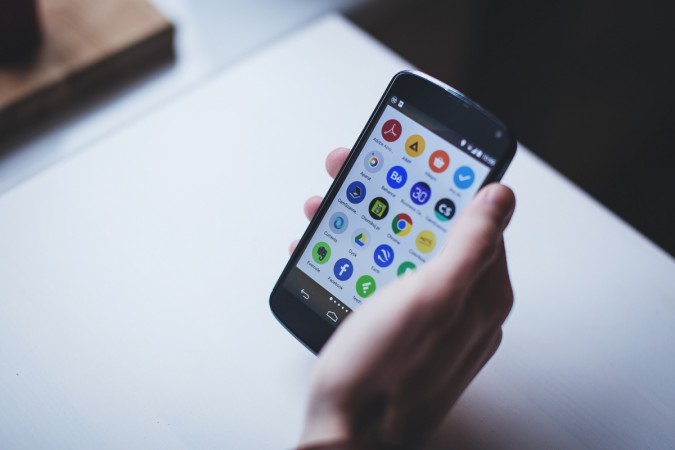
Scientists at Lookout, a security firm, have recognized a group of malware on Google Play Store, called as “SonicSpy.” These malware can distantly manage infected Android handsets, the media this week reported. The samples of “SonicSpy” most lately discovered on the Google Play Store, named as “Soniac,” is promoted as a messaging application, the scientists claimed this week. It has affected more than 1,000 extra apps hosted at 3rd-party app stores for Android.

The malware provides attackers the control over the handset and permits them to make calls, silently record audio, take pics, and retrieve contacts and call logs, the company claimed in an official blog post. While “Soniac” does offer this functionality via a customized version of the Telegram, the communications app, it also has malicious abilities that offer an attacker with important control over a targeted handset.
The affected apps that made an entry in Google Play Store are Hulk Messenger, Troy Chat, and Soniac Messenger. The firm claimed that the analyzed prototypes had resemblances to SpyNote, a malware group that was initially made aware in 2016. Utilizing Android apps to spread malware is turning out to be ordinary these days.
In July, a new group of spyware dubbed “Lipizzan” that can imprison consumers’ voice calls, text messages, photos, and location data was found and blocked by Google. Google, in an official blog post, claimed that it found a new group of Android spyware while testing another spyware dubbed as “Chrysaor.” “Lipizzan” spyware was able of conducting tasks that comprise taking pictures with the device camera, taking screenshots, call recording, recording from the microphone of the device, and monitoring of the location.
On a similar note, a CopyCat malware affected more than 14 Million Android gadgets in 2016. This led in rooting 8 Million of handsets and earning the attackers almost $1.5 Million in fake ad revenues in a time period of merely 2 months. This data was offered by an Israel-based IT security supplier, Check Point. The firm also says that soon analogous attack might occur.
For now, we want all our friends to be safe. So be careful guys!
